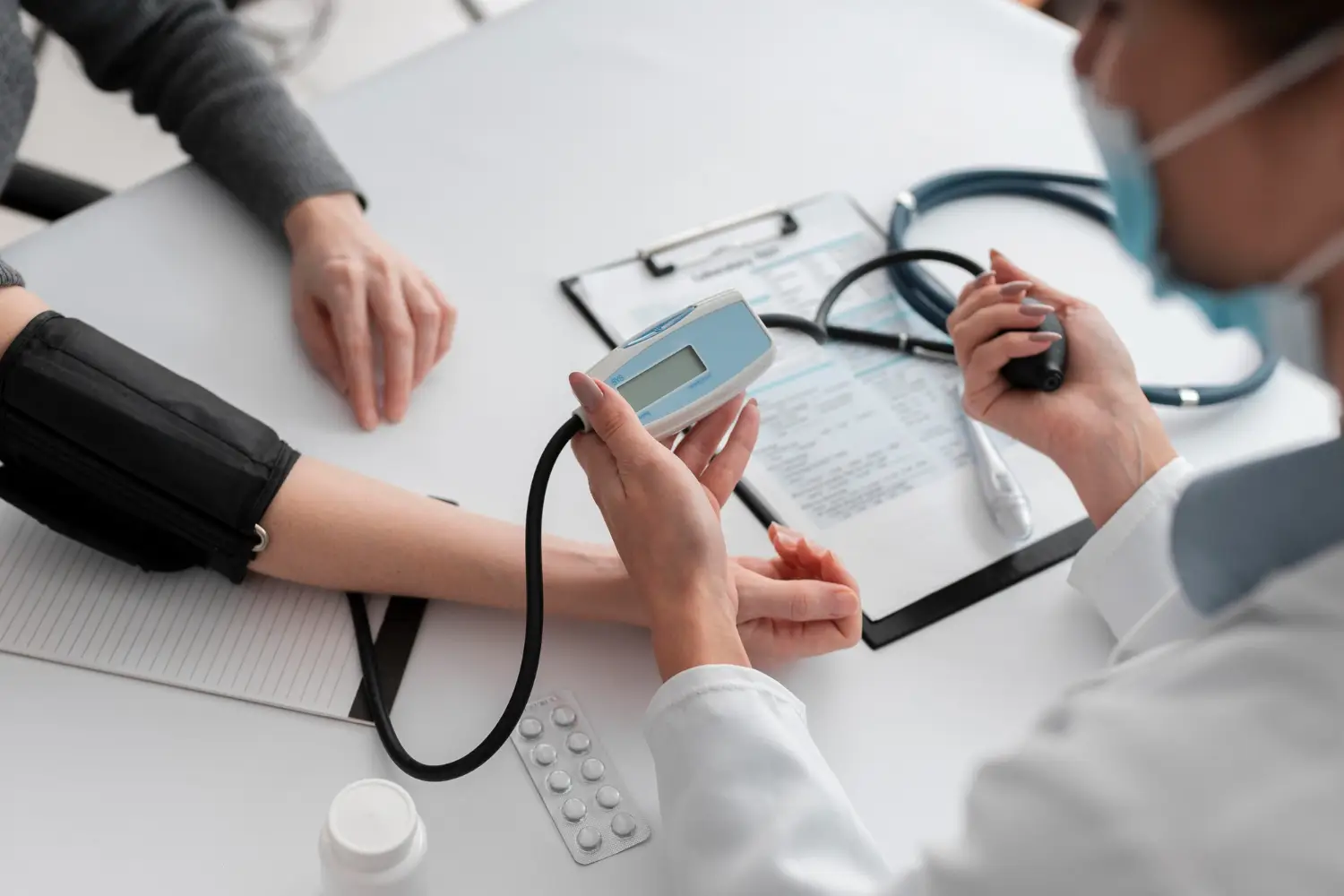
A body check, commonly referred to as a health check-up or medical examination, is a routine evaluation of an individual’s overall physical condition. The primary objective is to detect any potential health issues before they become severe, enabling early intervention and treatment. It covers a variety of assessments, including tests for blood pressure, cholesterol, glucose levels, organ function, and cancer screenings, depending on age and risk factors. In modern healthcare, body 身體檢查 are seen as a proactive approach to maintaining health rather than waiting for symptoms to appear. These evaluations are tailored to individuals based on their age, medical history, lifestyle, and family history. Regular body checks are integral to preventive healthcare, reducing the risk of chronic diseases like heart disease, diabetes, and cancer.
One of the key benefits of routine body checks is early detection. Many serious health conditions, such as heart disease, hypertension, and diabetes, often develop without noticeable symptoms. A thorough body check can identify these issues in their early stages, allowing for timely intervention. For example, regular blood pressure monitoring can alert someone to hypertension, a leading cause of strokes and heart attacks, before any physical signs are evident. Early detection also significantly improves the effectiveness of treatments, often preventing the condition from worsening and improving the patient’s overall quality of life.
Another vital aspect of body checks is monitoring and managing risk factors. Family history plays a significant role in determining one’s likelihood of developing certain diseases, such as cancer or cardiovascular conditions. Regular health assessments can help individuals keep track of their risk factors and make informed decisions regarding their health. For instance, if a person’s family has a history of breast cancer, routine mammograms and other screenings can be initiated earlier than usual. Similarly, monitoring cholesterol and glucose levels allows individuals at risk for heart disease or diabetes to take preventative measures, such as changing their diet, exercising regularly, or taking medications if necessary.
In addition to disease prevention, body checks provide an opportunity to assess and improve one’s general well-being. Through various health evaluations, healthcare professionals can advise individuals on lifestyle changes that can significantly enhance their quality of life. For instance, assessments of weight, diet, and exercise levels often lead to recommendations for achieving a healthier lifestyle. Physicians can suggest dietary changes, recommend exercise regimens, or offer guidance on stress management techniques. This proactive approach to health ensures that individuals not only avoid diseases but also enjoy better physical and mental well-being.
Body checks also include screenings for specific age-related conditions. As individuals age, the risk of developing certain diseases increases. For example, women over 40 are encouraged to undergo regular mammograms, while men are advised to have prostate screenings after a certain age. Additionally, older adults are often screened for osteoporosis, hearing loss, and vision problems. These tests allow for early detection and treatment, preventing more severe health complications. By adhering to the recommended screening schedule, individuals can stay on top of their health as they age, maintaining independence and quality of life.
The role of mental health assessments during body checks should not be overlooked. Mental health is just as crucial as physical health, yet it is often neglected in routine medical examinations. Many individuals suffer from conditions such as depression, anxiety, or stress without seeking professional help. Regular body checks can incorporate mental health screenings, providing an opportunity to address these issues. Physicians can offer counseling, therapy referrals, or medications if needed. Addressing mental health early can prevent the escalation of symptoms and improve the individual’s overall quality of life.
Body checks are not limited to adults; children and adolescents also benefit from regular health assessments. Pediatric check-ups monitor growth and development, ensuring that children are meeting developmental milestones. These assessments can detect any potential health problems, such as hearing or vision impairments, early on. Additionally, regular vaccinations are administered during pediatric check-ups, providing essential protection against diseases like measles, mumps, and whooping cough. These routine evaluations are critical for a child’s overall health and development, laying the foundation for a healthy adulthood.
For those with chronic health conditions, regular body checks are especially important. Individuals with diabetes, asthma, or heart disease, for example, need ongoing monitoring to manage their condition effectively. Regular assessments allow healthcare providers to track the progression of the disease and adjust treatment plans as necessary. This continuous care helps prevent complications, such as kidney damage in diabetics or heart failure in those with cardiovascular disease. Through regular monitoring, patients can maintain better control over their conditions, leading to improved outcomes and quality of life.
While regular body checks are beneficial, some people may feel apprehensive about the process. Fear of discovering a health issue often leads individuals to avoid medical assessments. However, it is crucial to remember that the purpose of a body check is not to create fear but to promote health and well-being. Early detection of a health problem gives individuals the best chance for a positive outcome. Moreover, many health issues, when caught early, can be managed effectively with lifestyle changes or medical treatment, allowing individuals to lead long, healthy lives.
In conclusion, body checks play an essential role in maintaining overall health and well-being. They provide a proactive approach to healthcare, focusing on the early detection and prevention of diseases. Through regular assessments, individuals can manage risk factors, improve their lifestyle, and address any health concerns before they become severe. Whether it’s a routine check for a healthy individual or ongoing monitoring for someone with a chronic condition, body checks are a crucial part of healthcare that should not be overlooked. By making these health evaluations a regular part of life, individuals can take control of their health and enjoy a longer, healthier life.